A Cash Flow Statement analyzes the effect of various activities in the company on cash and, that is, it shows the inflow and outflow of cash and cash equivalents. A Fund Flow Statement analyzes the financial position of a company by the inflow and outflow of funds. Both the statements are financialRead more
A Cash Flow Statement analyzes the effect of various activities in the company on cash and, that is, it shows the inflow and outflow of cash and cash equivalents.
A Fund Flow Statement analyzes the financial position of a company by the inflow and outflow of funds.
Both the statements are financial statements and are used to analyze the financial performance of the company of two different reporting periods. Both the statements record the inflow and outflow of cash or funds, as the case may be.
The primary objective of preparing a Cash Flow Statement is to gain an understanding of the changes in the net working capital of the company and to classify the activities in the company under three different heads which helps in better analysis of Financial Statements for management, outsiders, and investors.
The primary objective of preparing a Fund Flow Statement is to track the movements of funds in the company, as the extent of use of long-term and short-term borrowings, frequency of their procurement, its application, etc.
The components of the Cash Flow Statement are:
- Cash Flow from Operating Activities- activities concerning the regular business operations and working capital are classified under this head.
- Cash Flow from Investing Activities- investment in long-term assets or sale of such assets are considered under this head.
- Cash Flow from Financing Activities- borrowings that a company makes to fund its operations, their interest payment, and repayment are covered under this head.
The components of the Fund Flow Statement are:
Sources of Funds:
- Owners
- Outsiders
Application of Funds:
- Funds deployed in Fixed Assets
- Funds deployed in Current Assets
A sample format of the Cash Flow Statement will be:
| Particulars | Amount |
| Cash Flow from Operating Activities | XXX |
| Cash Flow from Investing Activities | XXX |
| Cash Flow from Financing Activities | XXX |
| Net Increase (Decrease) in Cash and Cash Equivalents | XXX |
| Cash and Cash Equivalents at the beginning | XXX |
| Cash and Cash Equivalents at the end | XXX |
A sample format of the Fund Flow Statement will be:
| Particulars | Amount |
| Sources of Funds | XXX |
| Funds from Operations | XXX |
| Sale of Fixed Assets | XXX |
| Issue of Shares | XXX |
| Issue of Debentures | XXX |
| Long Term Borrowings | XXX |
| Total (A) | XXX |
| Application of Funds | XXX |
| Loss from Operations | XXX |
| Payment of Tax | XXX |
| Repayment of Loan | XXX |
| Redemption of Debentures | XXX |
| Redemption of Preference Shares | XXX |
| Total (B) | XXX |
| Net Increase (Decrease) in Working Capital | XXX |
To conclude the difference between Fund Flow and Cash Flow Statement will be:
| Cash Flow Statement | Fund Flow Statement |
| Record of inflow and outflow of cash. | Record of sources and application of funds. |
| Prepared to analyze cash used in various activities. | Prepared to track the movement of funds and their applications. |
Components include:
|
Components include:
· Sources of Funds · Application of Funds |
See less


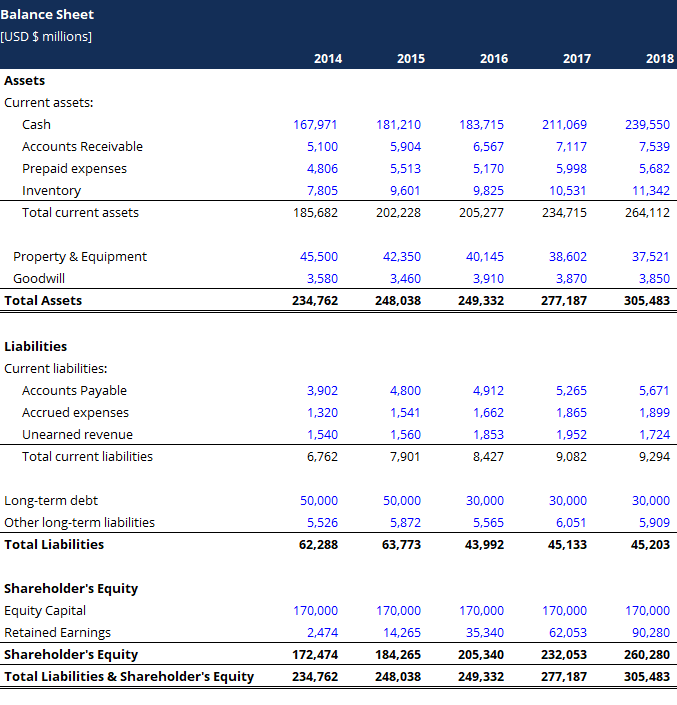
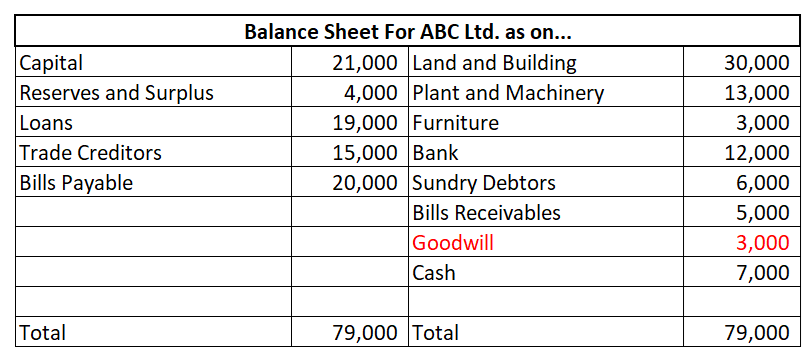
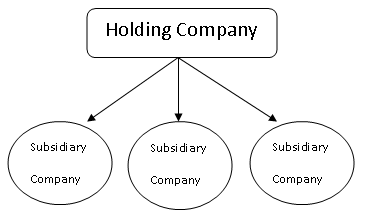
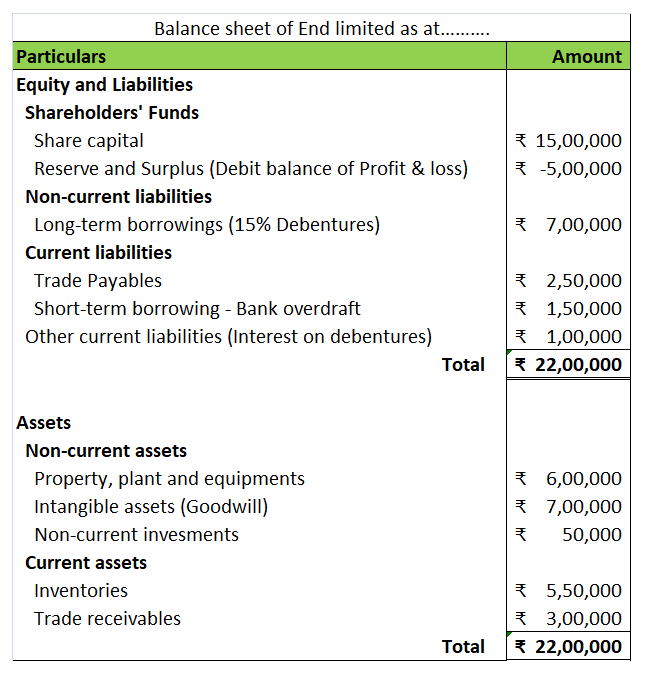
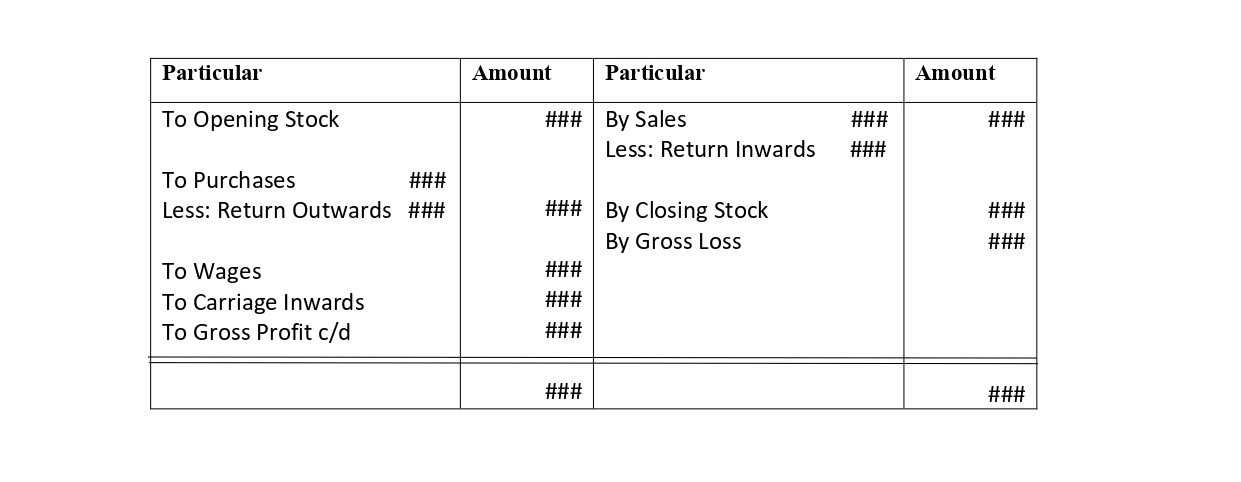

The commercial banks are required to keep a certain amount of their deposits with the central bank and the percentage of deposits that the banks are required to keep as reserves is called Cash Reserve Ratio. The banks have to keep the amount to maintain the Cash Reserve Ratio with the RBI. CRR meansRead more
The commercial banks are required to keep a certain amount of their deposits with the central bank and the percentage of deposits that the banks are required to keep as reserves is called Cash Reserve Ratio.
The banks have to keep the amount to maintain the Cash Reserve Ratio with the RBI.
CRR means that commercial banks cannot lend money in the market or make investments or earn any interest on the amount below what is required to be kept in CRR.
RBI mandates Cash Reserve Ratio so that a percentage of the bank’s deposit is kept safe with the RBI, hence, in an uncertain event bank can still fulfill its obligation against its customers.
CRR also helps RBI to control liquidity in the economy. When CRR is kept at a higher rate, the lower the liquidity in the economy, and similarly when CRR is kept at a lower rate, there is higher liquidity in the economy.
The Reserve Bank of India also regulates inflation through the Cash Reserve Ratio:
The formula for CRR is-
Reserves maintained with Central Banks / Bank Deposits * 100%
For example:
The current CRR is 3% which means that for every Rs 100 deposit in the commercial banks have to keep Rs 3 as a deposit with RBI.
See less